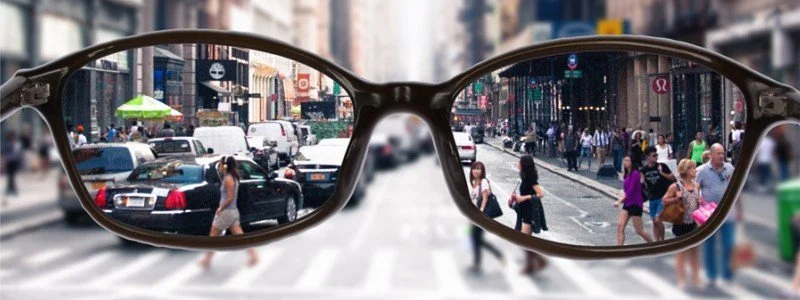Research
The Worldviews In Motion (WIM) Lab is broadly interested in (1) why people adopt certain worldviews and (2) how people become open to changing those worldviews. To understand why people adopt certain worldviews, the WIM lab has ongoing lines of research that suggest worldviews are not fixed. Instead of a static lens, we argue that worldviews are often dynamic sets of lenses that can be switched, almost on a whim, to accommodate one’s evolving needs and environmental context. If one’s needs and environmental context change, so might one’s worldviews. In two ongoing lines of work, we are exploring how worldviews are shaped by dynamic processes like one’s goals, relationships, and sociocultural context.
Worldviews and Goals
How do our motivations relate to our worldviews? We have explored how people adopt specific worldviews that are tailored to meet dynamic self-regulatory needs. For example, people might adopt certain worldviews that help them when trying to pursue a goal, but different worldviews that help them when trying to make an important decision (Elnakouri, Sharpinskyi, McGregor, & Scholer, 2024, IJPR). They might also adopt hate-filled worldviews to meet their self-regulatory needs as hate increases self-regulatory states like “determination” and “eager” (Elnakouri, Hubley, & McGregor, 2022, JESP).
Currently, we’re interested in understanding how moralizing one’s goals (e.g., seeing academic/career success as a way to serve God, to serve one’s commitment to justice, to protect one’s family) might improve goal success, and how this process might reinforce worldviews as a result.
In addition to exploring why people adopt certain worldviews, the WIM lab also explores the causes and consequences of worldview change (e.g., Elnakouri & McGregor, 2023, AJSP; Porter, Elnakouri, et al., 2022, Nature Reviews Psychology). For example, we’ve found that asking people to explain (vs. freely discuss) their political positions leads to more open-minded thinking (Elnakouri, Huynh, & Grossmann, 2024, Cognition).
In future directions, we’re exploring how various interventions, like consuming political debates or changing social media algorithms, might lead to worldview change.
Changing Worldviews
Worldviews and Sociocultural Context
Previous work has acknowledged that people tend to adopt the worldviews of their ingroup. However, do people simply soak up the worldviews of just anyone around them? What factors increase or decrease interpersonal worldview adoption? Recently, we’ve found that people are specifically motivated to dynamically adapt their worldviews to solidify relationships with instrumental others (i.e., those who make goal success more likely; Elnakouri, Rossignac-Milon, Higgins, & Scholer, 2024, Motivation Science). The more people share worldviews with instrumental others, the more successful they tend to be at their goals (Elnakouri et al., 2023, JPSP). Therefore, people adopt shared worldviews because those worldviews help them achieve important self-regulatory and interpersonal benefits.
In future directions, we are interested in further understanding how people’s relationships, social networks, and broader sociocultural context shape their worldviews. For example, drawing on existing data from over 220 million active Facebook users, we find that U.S. counties with less interconnectedness in their social networks experience more political hatred, an effect robust to a host of demographic and economic controls.



